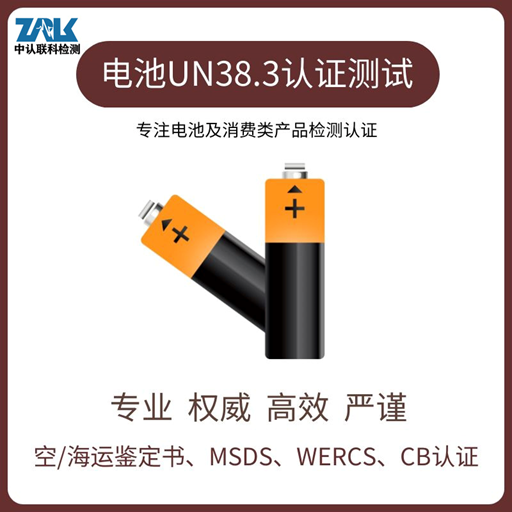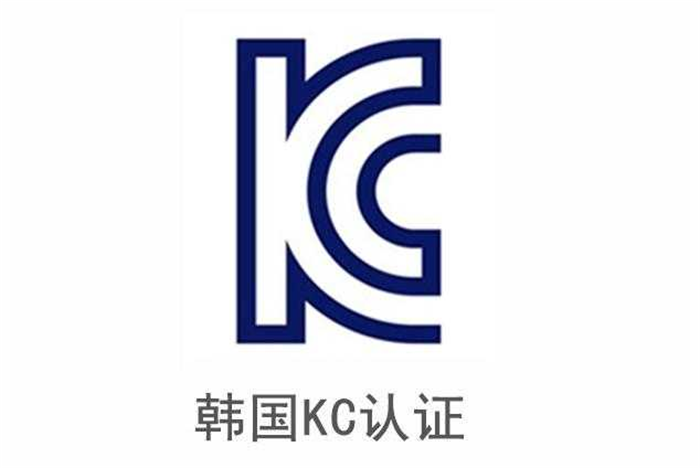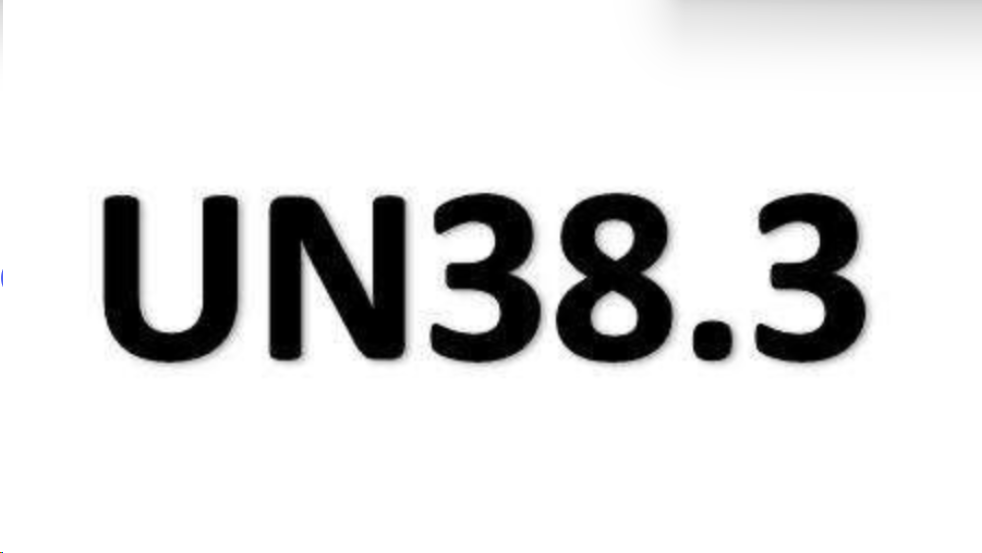The UN38.3 certification project is actually Article 38.3 in Part 3 of the "United Nations Handbook of Dangerous Goods Transport Tests and Standards" drafted and implemented by the United Nations. The specific definition is based on the "Dangerous Goods Transport Regulations", which only refers to the transportation safety of lithium batteries carry out testing. Lithium batteries are further divided into rechargeable lithium ion batteries and non-rechargeable lithium metal batteries. Each type of lithium battery must be tested without any problems before the UN38.3 safety test report can be issued. At this time, the lithium battery will be recognized as capable Safe transportation (more common such as air transportation, sea transportation), and the packaging method of lithium battery transportation is divided into pure battery separate packaging, packaged with the equipment, and transported on the equipment. Any laboratory capable of UN38.3 testing can issue the report, but if only the UN38.3 report is available, the battery cannot be transported for export in Mainland China. It is also necessary to provide a report on the identification of cargo transportation conditions, referred to as the identification, which is divided into air, sea and land transportation. The identification results of different packages are different. In order to fully guarantee the safety of the goods in the transportation process, the handling of the UN38.3 certification project report for lithium batteries is very necessary and very meaningful.

Apply for UN38.3 product range
1. Various lithium power secondary batteries
2. Various mobile phone batteries (such as lithium ion batteries, lithium polymer batteries, etc.)
3. Various small lithium secondary batteries (such as laptop batteries, digital camera batteries, camcorder batteries, various cylindrical batteries, wireless communication batteries, portable DVD batteries, CD and MP3 player batteries, etc.)
4. Various primary batteries (lithium primary batteries, etc.)
Lithium battery UN38.3 certification test items
1. Highly simulated test
2. Temperature test
3. Vibration test
4. Impact test
5. External short circuit test
6. Squeeze/impact test
7. Overcharge test
8. Forced discharge test
Because it is necessary to pass the safety battery test of the above 8 items to confirm the safety guarantee of the battery during transportation, and the same batch of test samples must be tested in order from 1 to 5, so the test cycle takes two weeks.
Information required for UN38.3 certification test of lithium battery
1. Fill in the application form (fill in battery information)
2. Battery specification
3. Battery specification
4. Test samples (the model and watt-hour parameters must be marked on the sample nameplate, and must be consistent with the battery when shipped)
If you need an outbound cargo transportation condition identification report (air/sea/land transportation), you must also provide the following information
5. Relevant materials such as power of attorney and transportation declaration
6. Packaging picture (outer package picture, outer package opening picture, inner package picture)
(The above information can provide templates)
Lithium battery UN38.3 certification test report validity period
The full set of UN38.3 certification includes UN38.3 test report + cargo transportation condition identification report.
Report validity period: UN38.3 reports are valid until the standards are updated again. The appraisal is only valid for the current year of application.

For lithium battery UN38.3 certification testing, please contact our company ZRLK. We will provide you with professional and efficient testing and certification services, with favorable prices and good service. If you provide us with product pictures and specifications, we will give us the corresponding cycle, quotation and specific plan according to your product. Welcome to inquire!


![[Holiday Notice] ZRLK 2026 Chinese New Year Holiday Schedule](/uploads/image/202602/698559be66d97.jpg)










